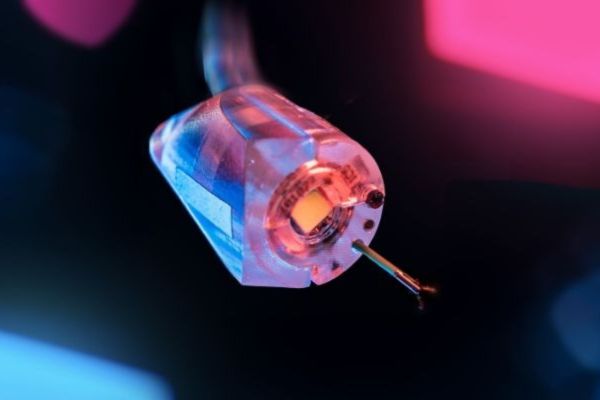Animal research
Why we use animals for research
Animal research plays a vital role in advancing our understanding of health and disease, and contributes to the development of modern medicine.
At the University of Leeds, our research includes fundamental studies, such as how nerves signal pain or how the immune system responds to infection, and targeted investigations into specific conditions like heart disease, diabetes, spinal injury, and mental illness. This work helps build the scientific knowledge that underpins medical progress for both humans and animals.
We continue to reduce the need for animal research in many areas, through innovations such as synthetic tissue culture, organoids, advanced imaging and computer modelling.
Our approach to animal research
Animals are used only when no viable alternatives exist, and all research is conducted under strict ethical oversight, guided by the principles of Replacement, Reduction, and Refinement.
-
Animals research numbers
Animals used at the University of Leeds in regulated procedures.
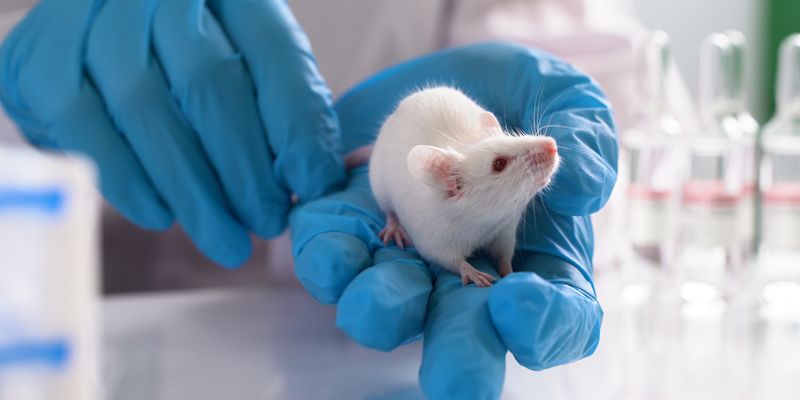
-
Our animal research projects
Examples of our research projects which have been granted by the Home Office.
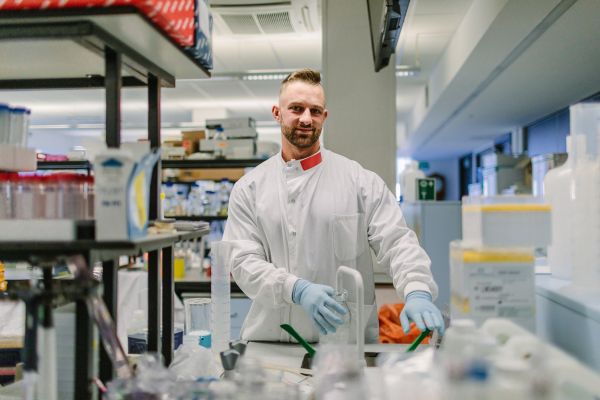
-
Animal care and welfare
How we regulate and administer scientific research involving animals.
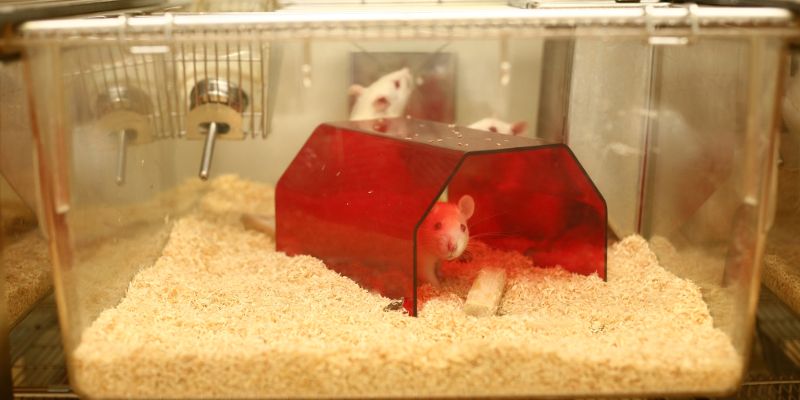
-
Animal Welfare and Ethical Review Body
Annual reports and meeting minutes from our Animal Welfare and Ethical Review Body.
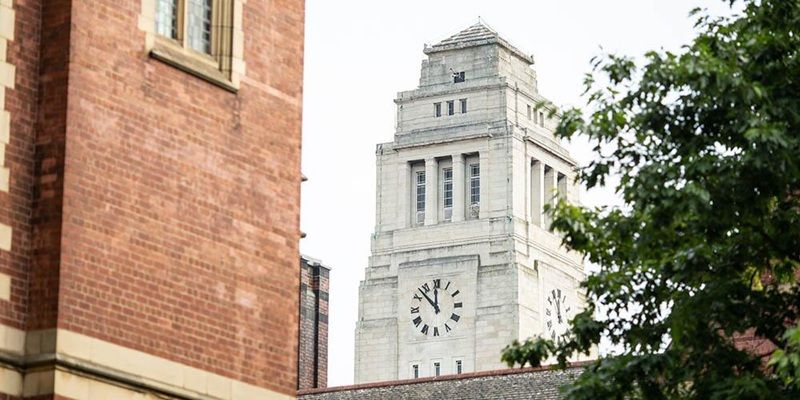
Case studies
Some examples of medical or scientific progress achieved at the University of Leeds through the use of animals.
-
Offering hope for people facing chronic pain
A major breakthrough in our understanding of pain has opened the door to new ways of tackling long term pain without harmful and addictive opioids.

-
Mini rolling robot takes virtual biopsies
A tiny magnetic robot can take 3D scans from deep within the body and could revolutionise early cancer detection.
